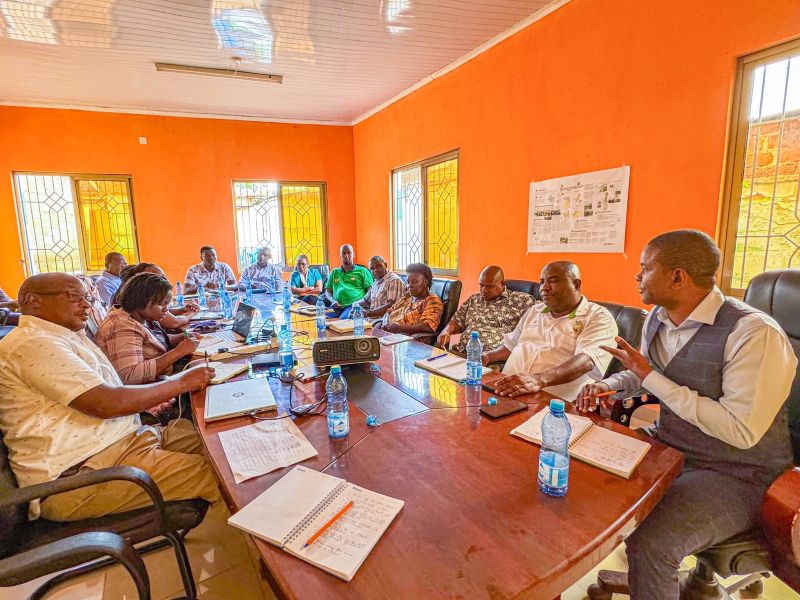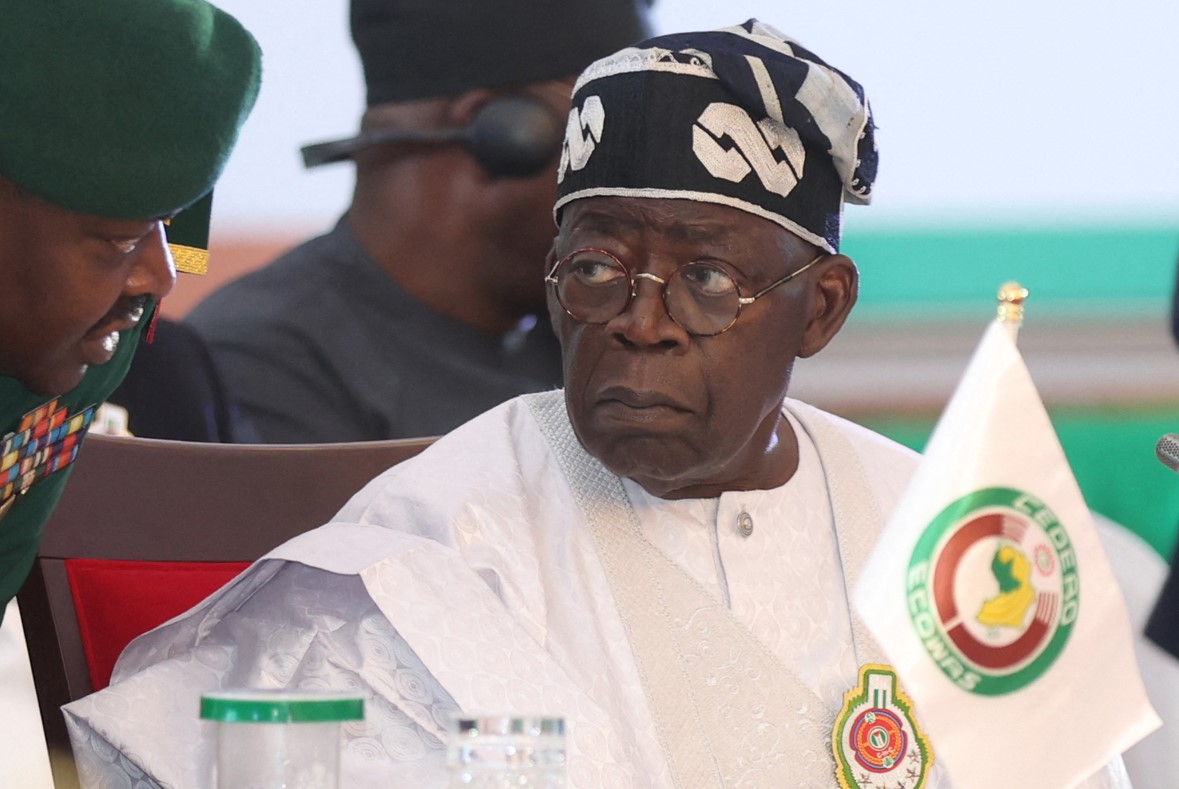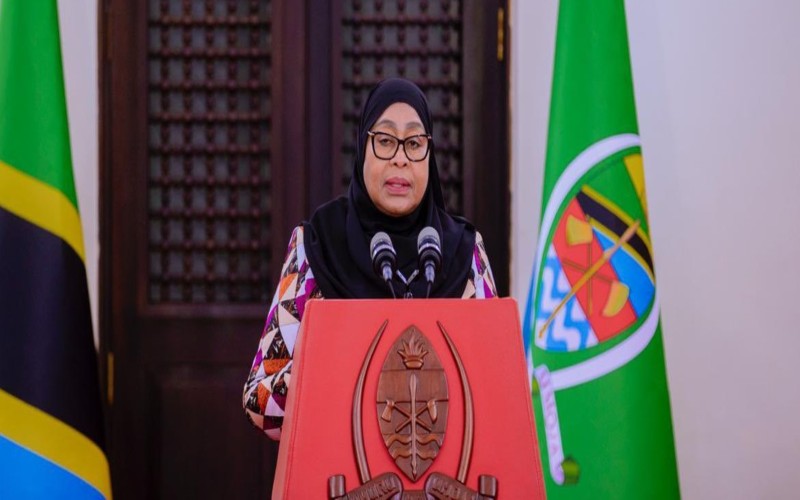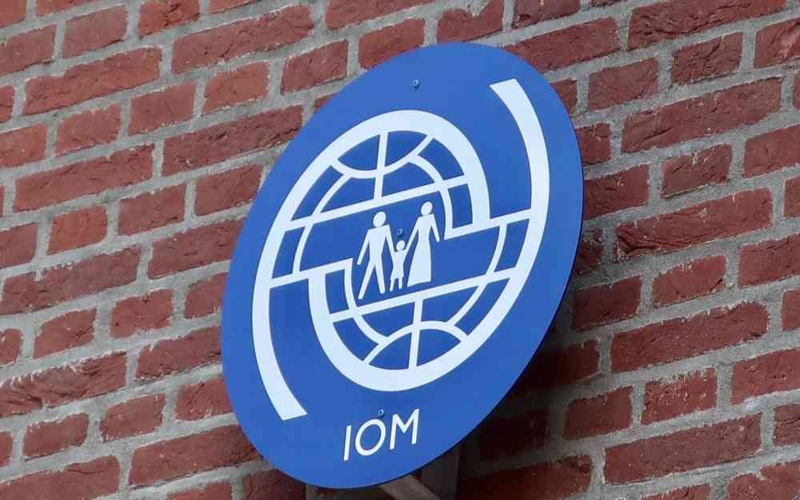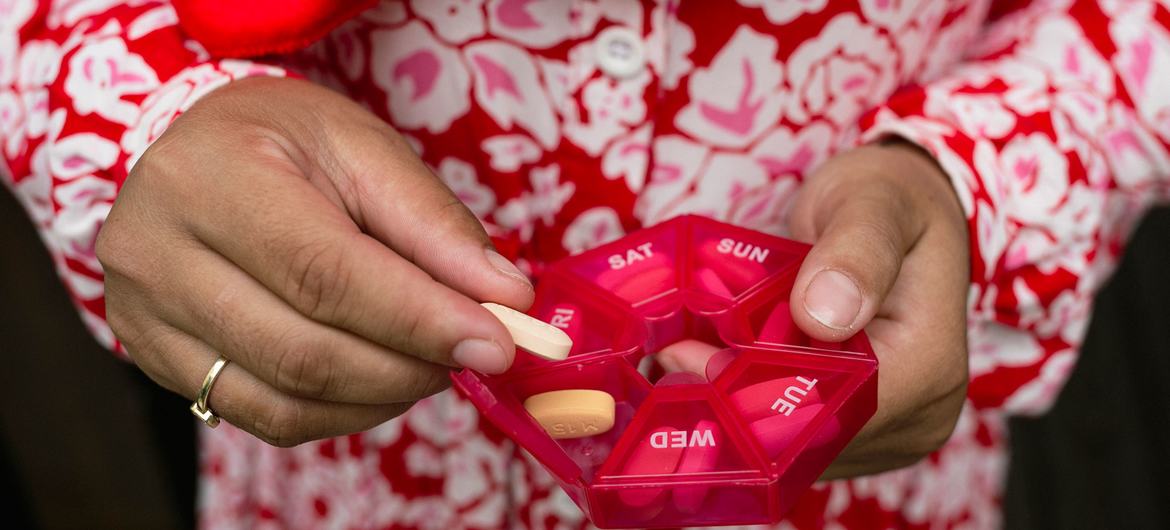Ethiopia cuts foreign debt by Sh2.4 trillion as PM Abiy touts economic independence
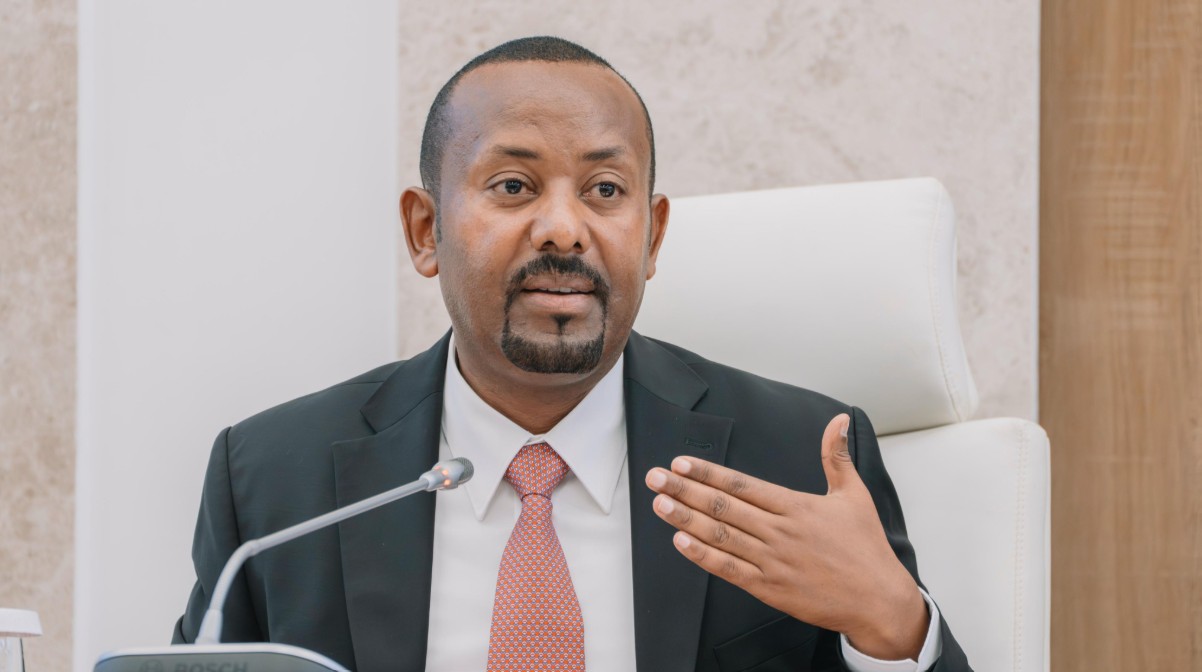
The Ethiopian Prime Minister credited his administration's Homegrown Economic Reform Programme, introduced in 2019, with restoring fiscal stability, boosting domestic revenue and reducing reliance on external borrowing.
Ethiopian Prime Minister Abiy Ahmed has announced a steep decline of $18.5 billion (Sh2.4 trillion) in the country's foreign debt over the past six years, calling it a significant step for Ethiopia in achieving economic independence.
Abiy made the revelation during a recent session before the House of People's Representatives, telling MPs that foreign debt had dropped from $23 billion (Sh2.9 trillion) to $4.5 billion (Sh581.4 billion) in the period.
More To Read
- Daua Dam, irrigation masterplan gain momentum after high-level talks in Nairobi
- Kenya steps up border checks as Ethiopia confirms outbreak of Marburg Virus Disease
- Technology of freedom, risk of violence: Digital divide facing women in post-war Tigray
- Cultural victory as Ethiopia recovers 12 artefacts taken to Germany in the 1920s
- ONLF accuses Ethiopia of breaching 2018 peace deal as Somali Region tensions rise
- Ethiopia hosting COP32 a ‘win for the Horn of Africa’, IGAD says
The Ethiopian Prime Minister credited his administration's Homegrown Economic Reform Programme, introduced in 2019, with restoring fiscal stability, boosting domestic revenue and reducing reliance on external borrowing.
The programme promotes a diversified approach that integrates agriculture, industry, mining, tourism, and technology through partnerships between the government, private sector, and civil society.
"The economy is growing without foreign loans. We have built a system that stands on Ethiopia's own capacity," he said.
Further, Abiy said Ethiopia's national revenue has grown significantly since the start of the reforms, rising from 170 billion birr to an expected 1 trillion birr.
According to Abiy, most of the funds went toward essential areas such as fuel, fertiliser, public sector salaries, and welfare programmes like school feeding.
He added that Ethiopia's foreign currency reserves have increased tenfold since the reforms began, while export volumes recorded in the whole of last fiscal year were matched within just four months of the current one.
He added that Ethiopia earned a record $8.1 billion (Sh1 trillion) from exports in the last fiscal year, the highest in the country's history. This was complemented by strong external inflows, including $7.4 billion (Sh956.1 billion) in remittances and more than $4 billion (Sh516.8 billion) in Foreign Direct Investment (FDI) from large-scale investors.
Similarly, Abiy revealed that the Ethiopian government had injected about 440 billion birr in subsidies to help curb inflation, which has now dropped to 11.7 per cent, the lowest level since the reforms began.
"We have used every possible instrument to ease the cost of living. Our economy is standing tall again," he said.
Despite the optimistic outlook, analysts note that many Ethiopians have yet to feel the benefits of recovery. While inflation is easing, food and housing costs remain high and wage growth continues to fall behind the rising cost of living.
Top Stories Today





